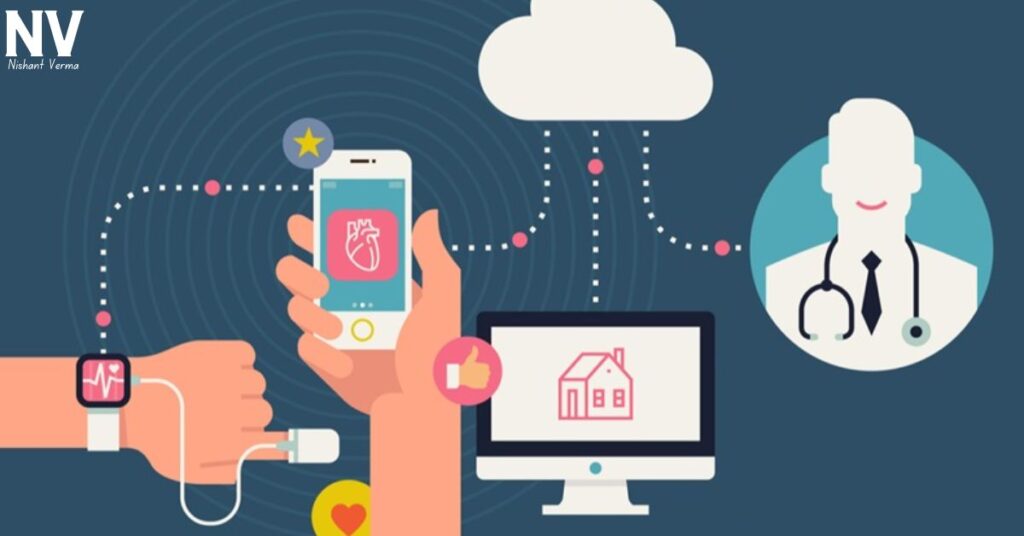Welcome to the world of leadership, where the journey is not just about guiding others but also about caring for oneself. In this guide, we’ll explore the profound importance of self-care in leadership. Whether you’re a seasoned leader or just stepping into a leadership role, join us in understanding why taking care of yourself is not only a personal necessity but a key ingredient for becoming a more impactful and resilient leader.

I. The Essence of Leadership
Leadership Beyond Titles:
Leadership is more than holding a title; it’s about guiding, inspiring, and steering a team toward collective success. We’ll explore the foundational principles that make a leader impactful.
Balancing Acts of Leadership:
Leading is a delicate balance of responsibilities, decisions, and people management. Understanding the multifaceted nature of leadership sets the stage for the importance of self-care in leadership.
II. Defining Self-Care in Leadership
Understanding Self-Care:
Self-care is not a luxury but a necessity. We’ll define self-care in leadership in the context of leadership, emphasizing its role in maintaining physical, mental, and emotional well-being.
Beyond Bubble Baths:
self-care in leadership goes beyond clichés like bubble baths. Explore the diverse aspects of self-care in leadership, including physical, emotional, mental, and even professional dimensions.
III. The Impact of Leadership on Well-being
Leadership Stressors:
Leadership roles come with unique stressors. We’ll delve into the common challenges and stress points that leaders face in their day-to-day responsibilities.
The Ripple Effect:
The well-being of a leader ripples throughout the entire team. Understand how a leader’s state of mind and health directly influence team dynamics and productivity.
IV. The Pillars of Effective self-care in leadership
Physical Well-being:
A healthy body is the foundation of effective leadership. Explore practical tips for maintaining physical well-being, including exercise, nutrition, and adequate rest.
Mental Wellness:
Mental health is often overlooked in leadership discussions. Learn about the importance of mental wellness and strategies to maintain a resilient and focused mind.
Emotional Balance:
Emotional intelligence is a cornerstone of effective leadership. Discover how cultivating emotional balance enhances leadership abilities and fosters positive relationships within the team.
Professional Fulfillment:
Balancing professional responsibilities is crucial for long-term satisfaction. We’ll discuss strategies to achieve professional fulfillment while avoiding burnout.

V. The Role of Boundaries in Leadership
Setting Healthy Boundaries:
Leaders need boundaries to thrive. Explore how setting healthy limits on workload, personal time, and expectations contributes to overall well-being.
Saying ‘No’ with Grace:
Learning to say ‘no’ is a skill every leader must master. Discover the art of declining additional responsibilities without compromising relationships or personal well-being.
VI. Incorporating self-care in leadership into Daily Leadership
Creating Rituals of Renewal:
Daily rituals of renewal are essential for leaders. Explore simple and effective habits that can be seamlessly integrated into a leader’s routine to promote well-being.
Mindful Leadership Practices:
Mindful leadership is a powerful tool for leaders. We’ll discuss how incorporating mindfulness practices into leadership enhances focus, decision-making, and overall presence.
VII. Recognizing and Addressing Burnout
Identifying Burnout Signs:
Burnout signs are a real risk for leaders. Learn to recognize the signs of burnout in oneself and team members to address it proactively.
Recovery Strategies:
Recovery from burnout is possible with the right strategies. Explore practical steps leaders can take to recover from burnout and build resilience.
VIII. Leading with Vulnerability
The Strength in Vulnerability:
Vulnerability is not a weakness but a strength. Understand how leaders who embrace vulnerability build trust, foster open communication, and create a positive team culture.
Fostering a Supportive Environment:
Leaders can create a supportive environment by encouraging open dialogue about mental health and well-being. Learn how fostering a culture of support benefits both the leader and the team.
IX. The Role of Sleep in Leadership
The Sleep-Productivity Connection:
Sleep is a critical factor in leadership effectiveness. Explore the relationship between sleep, productivity, and decision-making, and discover strategies for improving sleep quality.
Creating Healthy Sleep Habits:
Leaders can develop healthy sleep habits to optimize their performance. Learn practical tips for establishing a sleep routine that supports overall well-being.
X. The Influence of Self-Care on Decision-Making
Clarity Through Self-Care:
A well-cared-for leader makes better decisions. Explore how self-care contributes to mental clarity, sound judgment, and effective decision-making.
Balancing Empathy and Objectivity:
Leaders need to balance empathy with objectivity. We’ll discuss how self-care enhances this delicate equilibrium, allowing leaders to empathize without compromising their ability to make tough decisions.
XI. Creating a Culture of self-care in leadership in Teams
Leading by Example:
Leaders set the tone for the team’s culture. Understand how leading by example in self-care encourages team members to prioritize their own well-being.
Promoting Open Dialogue:
Open communication about self-care in leadership reduces stigma and fosters a healthy team culture. Explore ways leaders can promote discussions about well-being within the team.

XII. Technology and Self-Care
Tech Breaks for Mental Health:
Constant connectivity can be detrimental to well-being. Learn how leaders can implement tech breaks to promote mental health and create a balanced relationship with technology.
Digital Detox Strategies:
Digital detoxing is crucial for self-care. Explore practical strategies for leaders to disconnect from technology and recharge.
XIII. Self-Care as a Lifelong Leadership Journey
Adapting Self-Care Practices:
Leadership and self-care are lifelong leadership journey. Discover how leaders can adapt their self-care practices to align with evolving responsibilities and personal growth.
Supporting the Next Generation:
Leaders can inspire future leaders by emphasizing the importance of self-care. Explore how supporting the next generation in understanding self-care contributes to a resilient and compassionate leadership legacy.
XIV. Future Frontiers: Trends in Leadership and Well-being
Technological Tools for Mental Health:
Explore emerging technological tools designed to support mental health and well-being for leaders, including apps, wearables, and virtual resources.
Corporate Well-being Programs:
The future holds an increased focus on corporate well-being programs. Learn how organizations are incorporating comprehensive well-being initiatives to support leaders and teams.
Conclusion
As we conclude our exploration of the importance of self-care in effective leadership, remember that caring for oneself is not selfish; it’s a prerequisite for leading others with strength, compassion, and resilience. Embrace the simplicity of self-care practices, lead with a well-nourished mind and spirit, and embark on a leadership journey that not only achieves success but also prioritizes the well-being of the leader at its core.




